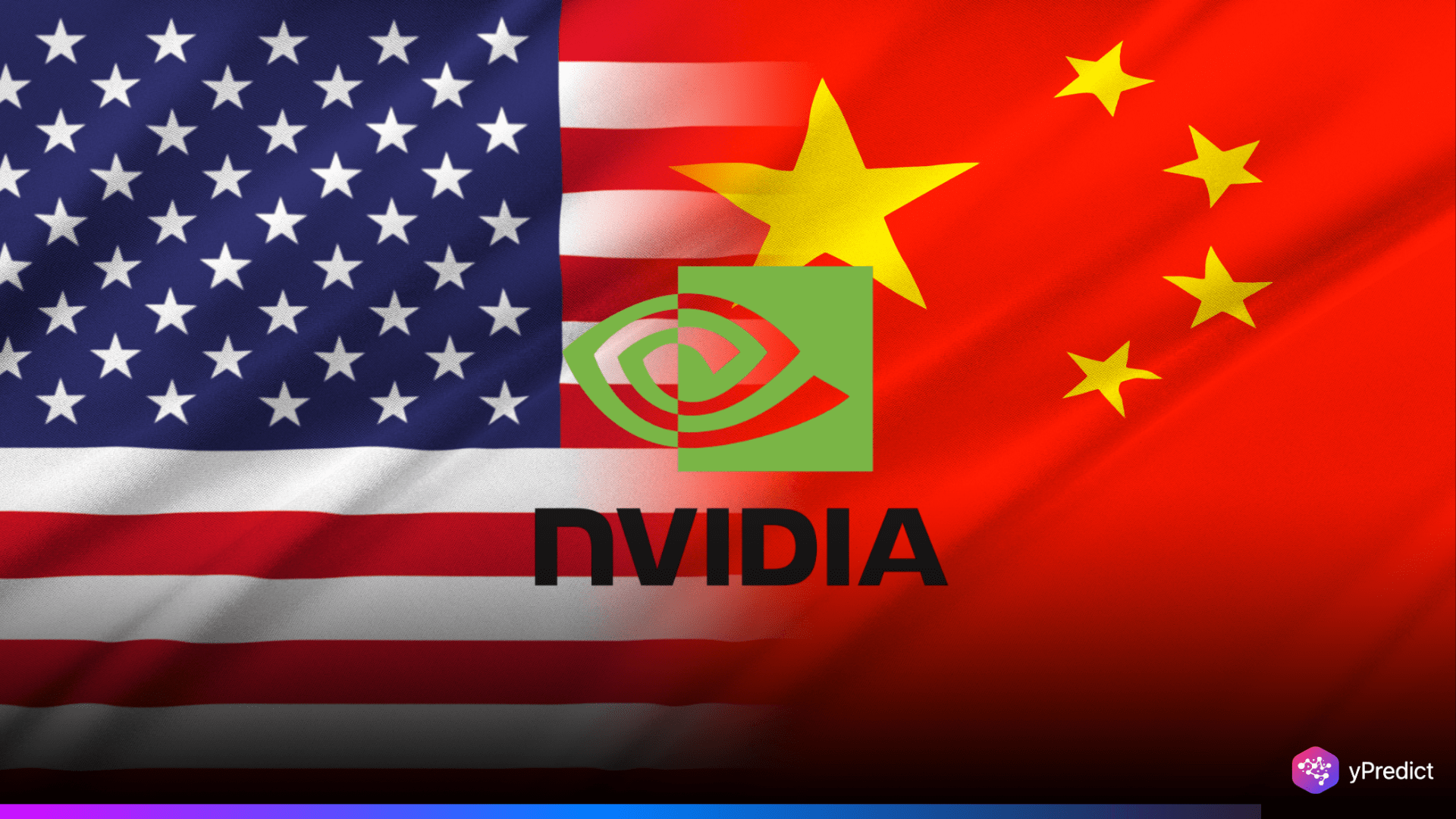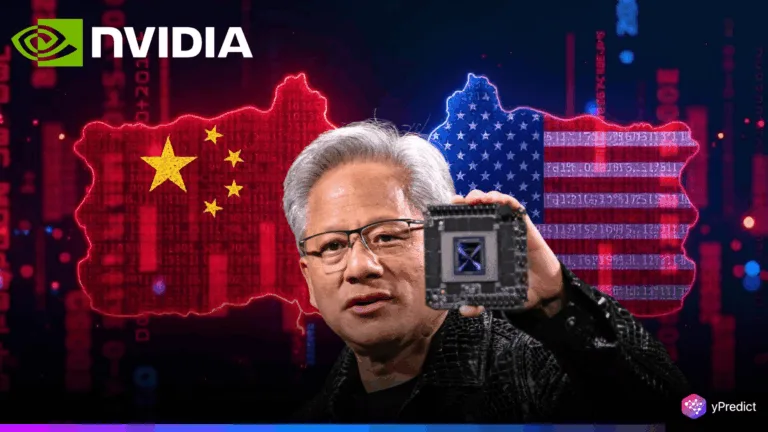
In light of tighter US export limitations, Nvidia is modifying its AI chips to keep access to the Chinese market while adhering to trade rules. The company is developing lower-spec alternatives to limited GPUs such as the H100 and A100, to serve key clients such as Alibaba, Tencent, and ByteDance.
These modified chips are meant to replace banned devices such as the H20 GPU while remaining below the performance limits imposed by the US Department of Commerce. The action underlines Nvidia’s deliberate endeavour to protect income and maintain its presence in China despite rising geopolitical concerns.
Nvidia’s Efforts to Stay Compliant and Competitive
In response to stricter U.S. export restrictions, Nvidia is strategically redesigning its AI chips. The goal is to retain access to the Chinese market while complying with regulations. These new chips will have lower specifications than the restricted versions. However, they should still offer enough performance for many AI and machine learning tasks.
The newly designed chips are expected to launch as samples by mid-2025. They are specifically tailored to comply with export control limits on computing performance and interconnect bandwidth.
Reuters reports that,
Nvidia has told some of its biggest Chinese customers that it is tweaking the design of its artificial intelligence chips so they can be sold to Chinese businesses without clashing with U.S. export rules… The chip giant has spoken with customers, including Alibaba Group, TikTok-parent ByteDance, and Tencent Holdings.
This strategic move shows Nvidia’s efforts to manage the increasingly complicated geopolitical situation between the United States and China. As regulatory scrutiny grows, the company faces the dual pressure of remaining compliant with US export policies while maintaining its competitive advantage.
According to multiple reports, Nvidia plans to provide early samples of these modified chips by June. Simultaneously, the business is developing a localised version of its cutting-edge Blackwell AI chip for the Chinese market.
U.S. Restrictions on AI Innovation
US officials argue that limiting high-end chip exports to China is essential to prevent Beijing from advancing military-grade AI. However, tech giants like Nvidia worry that blanket restrictions could unintentionally benefit Chinese competitors, such as Huawei, which are developing powerful AI chips.
Despite geopolitical tensions, Nvidia continues to prioritize its presence in China. In mid-April, CEO Jensen Huang visited Beijing to meet with key clients and reinforce the company’s long-term commitment to the region. His visit followed new U.S. restrictions on exporting Nvidia’s H20 AI chips—measures that could reportedly cost the company up to $5.5 billion.
Nvidia declined to comment on the reported developments. However, its decision to modify technology aligns with the company’s broader strategy to adapt to changing global trade dynamics while maintaining access to high-demand markets.
Neither the U.S. Commerce Department nor the Chinese tech firms involved have officially responded to inquiries on the matter.
Is the Redesign Strategy Sustainable for Nvidia in the Long Term?
While Nvidia’s short-term strategy of redesigning its chips for China may be successful, it is unclear whether this approach would be sustainable in the long run. As the United States and China continue to dispute over technology, it is unclear whether more rounds of export curbs will finally limit Nvidia’s options.
Looking ahead, Nvidia’s efforts could have far-reaching consequences for the entire AI chip market. The company’s ability to overcome these problems will set a standard for other tech behemoths facing comparable geopolitical pressures.





